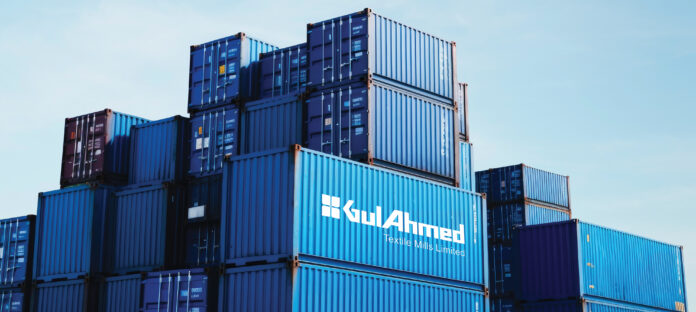When one of Pakistan’s largest and best known textile exporters announces that it is shutting down apparel exports, one might be tempted to ask why. The country’s financial journalists, LinkedIn influencers, and prolific WhatsApp forwarders, however, are free of such intellectual curiosity. They just assumed: “this is Pakistan, bad things happen here all the time. This must be one of them.”
Shared, bemoaned, moved on.
Except that they did not really understand what happened at all.
We find ourselves in the unusual position of writing a cover story of our magazine on a topic to highlight that it is not important: no, something as monumental as Gul Ahmed Textile Mills – a company that single-handedly generates half a billion dollars of exports for Pakistan – did not suddenly exit the entire export business because they could not make it work.
They exited one of their smallest product lines from exports, and even that, not for local production, just their export markets.
The reasons they gave – coupled with the fact that the company’s announcement made no effort to quantify the effect of the decision – made it sound like a bigger event than it actually is. The content in this publication is expensive to produce. But unlike other journalistic outfits, business publications have to cover the very organizations that directly give them advertisements. Hence, this large source of revenue, which is the lifeblood of other media houses, is severely compromised on account of Profit’s no-compromise policy when it comes to our reporting. No wonder, Profit has lost multiple ad deals, worth tens of millions of rupees, due to stories that held big businesses to account. Hence, for our work to continue unfettered, it must be supported by discerning readers who know the value of quality business journalism, not just for the economy but for the society as a whole.To read the full article, subscribe and support independent business journalism in Pakistan


























1) The social and main media journalists are not to be blamed for this ‘misinformation’.
2) The announcement from Gul Ahmed TM was lacking proper information.
3) Why the ‘correction’ from GATM has taken so long and where is their clarification.
4) Even this write-up doesn’t provide any details or numbers.